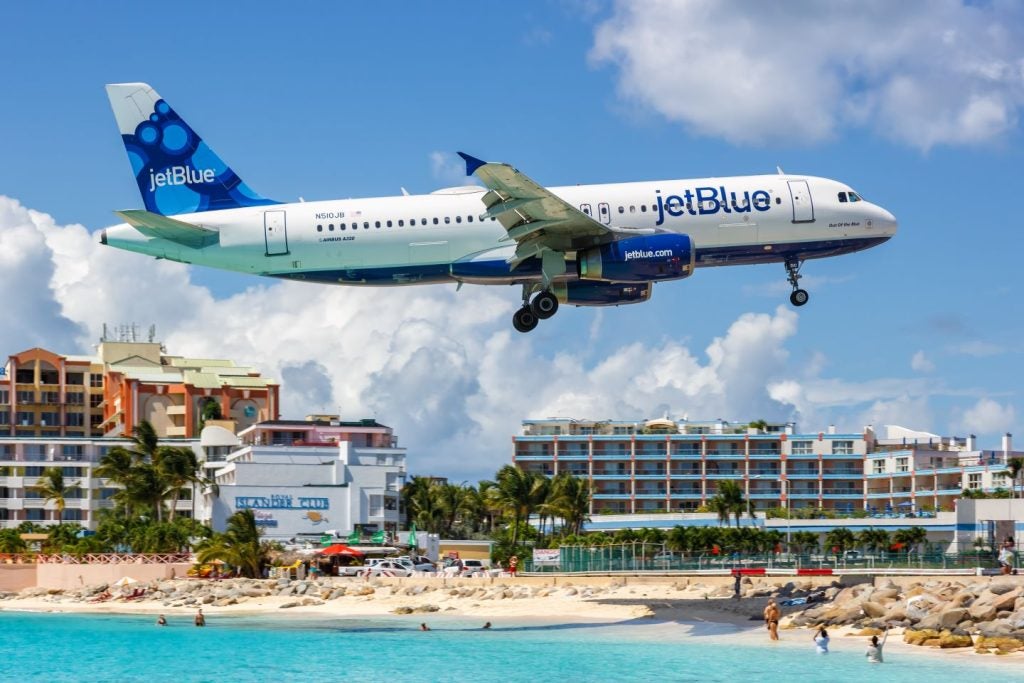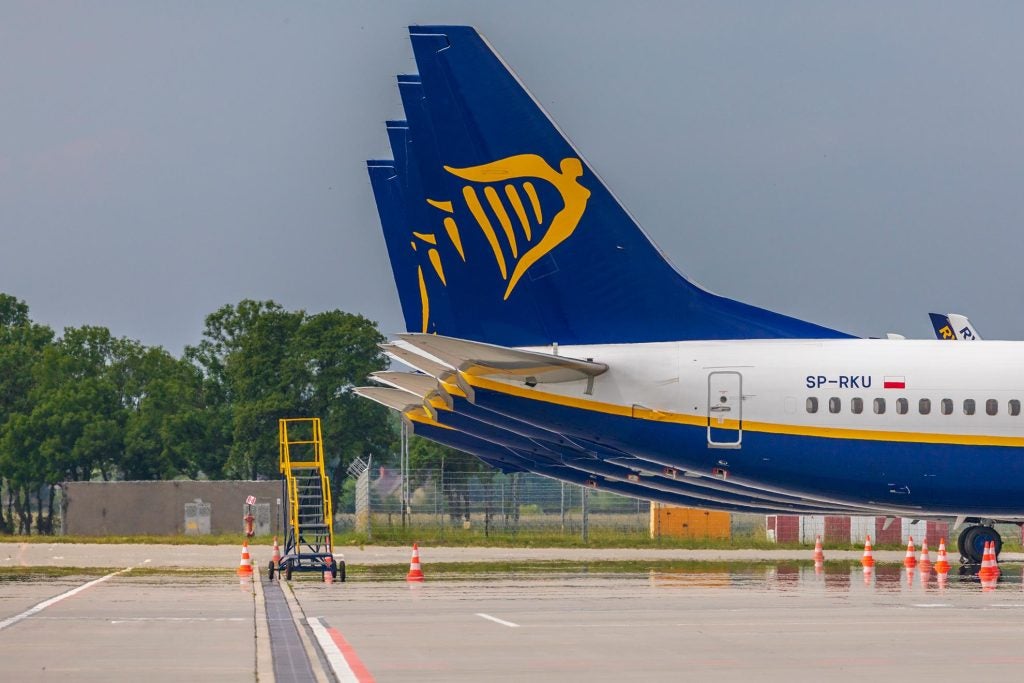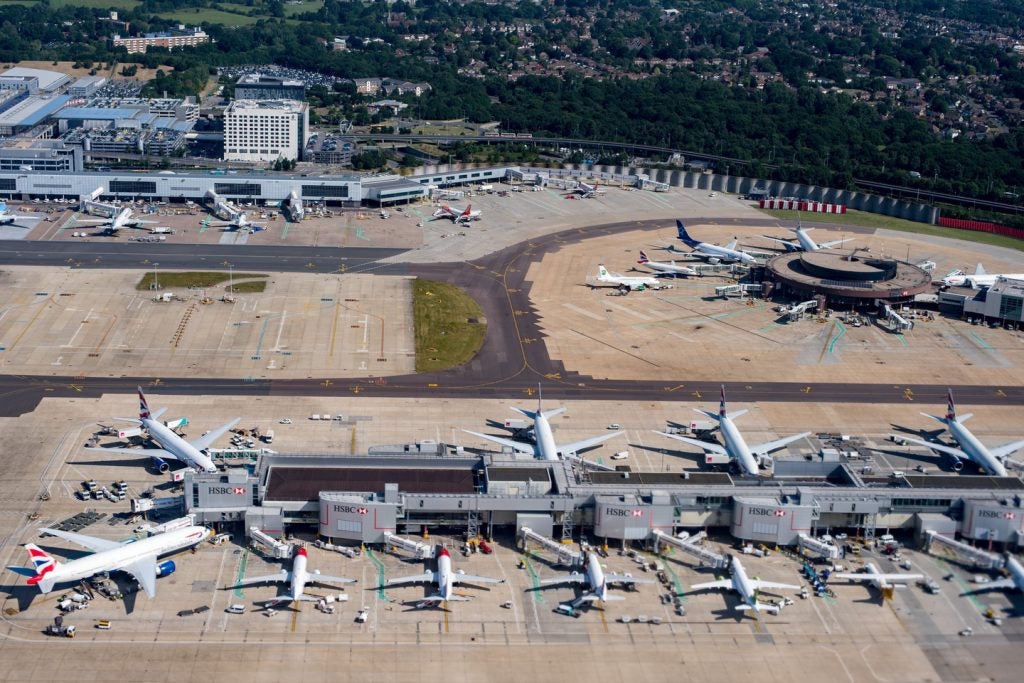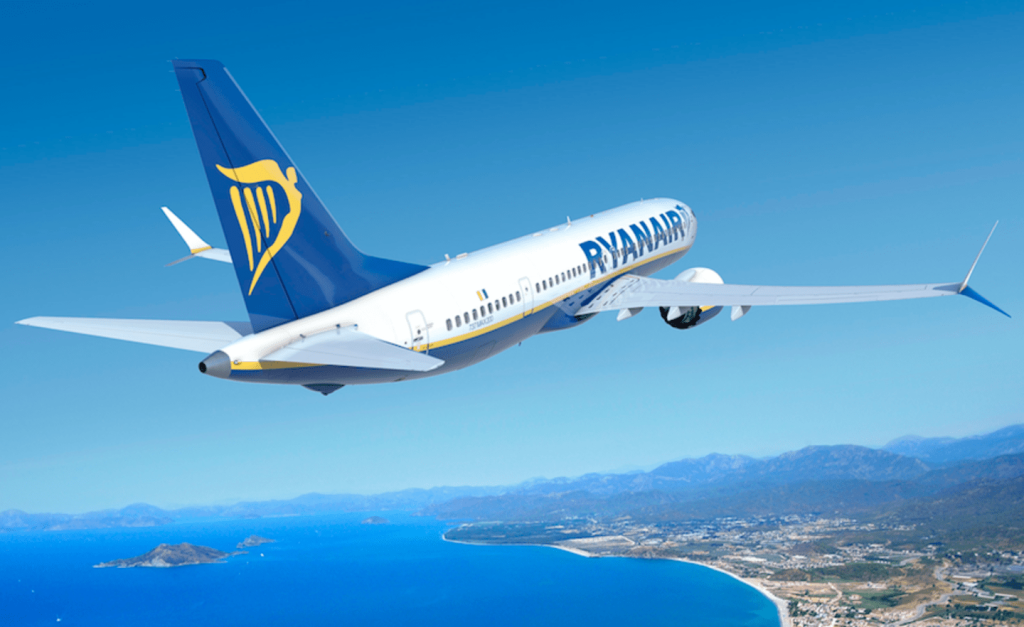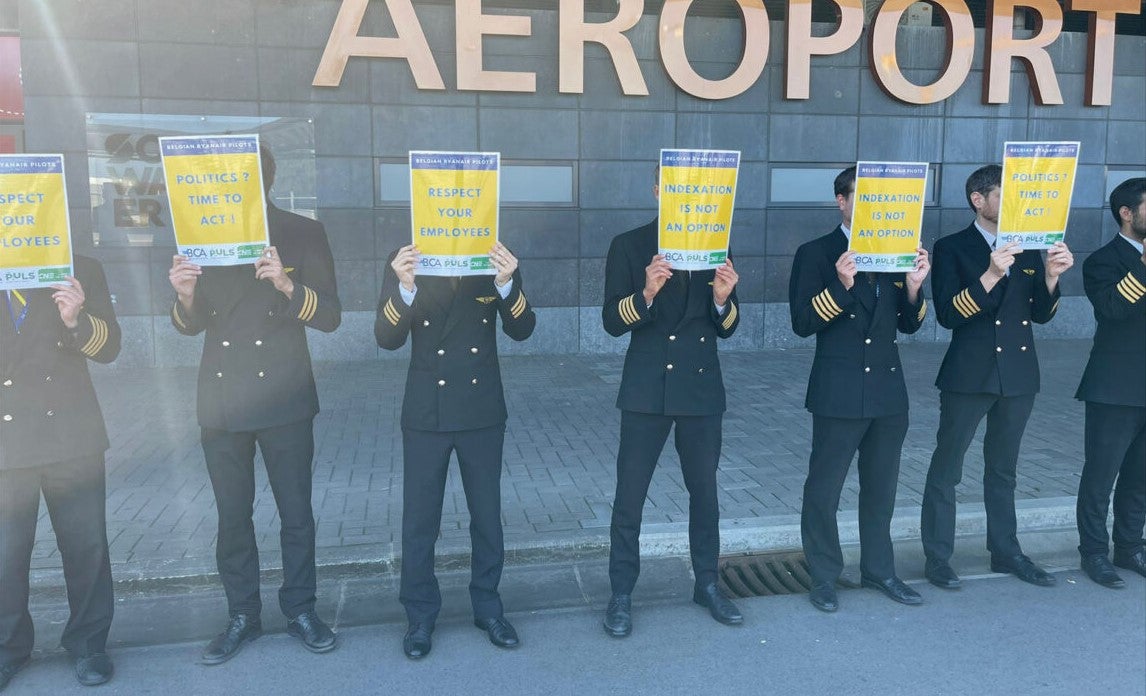
Belgium-based Ryanair pilots scheduled strike action across August 14 and 15, affecting more than 80 flights and leading to a large backlog and disruptions lasting hours. The industrial action is based at Ryanair’s Brussels hub, at Charleroi.
According to the Belgium Cockpit Association (BeCA), Ryanair’s announcement to put an end to the CLA agreement on October 1 2023 was the “tip of the Ryanair iceberg” and effectively led to the disputes piling up. The union argued this move would be illegal under Belgian law.
Ryanair signed a collective labour agreement (CLA) in October 2018. This guaranteed pilots working hours and rest rhythms, and other locally inshrined labour rights.
The airline contested that the action was triggered by a pay dispute, and said it “serves no purpose.”
“Ryanair Belgian pilots’ union has already been offered the same pay deal as recently agreed by most other Ryanair pilots’ unions across the EU so these limited strikes serve no purpose,” the airline said in a brief statement.
A joint letter from BeCA and other unions urged Belgian Prime Minister Alexander De Croo to take collective action on Ryanair, which stated: “For several years now, we have denounced Ryanair’s failure to comply with Belgian legislation in matters of social law and labour law.
“Our union organised several strikes in 2018, after which Ryanair pledged to follow these laws. However, five years later, the company Ryanair is going back to its faults and is now contesting the legitimacy of these laws.”
Since this time, conflicts between its pilots based in Belgium and Ryanair management have continued to grow.
In March 2020, the pilots agreed to a 20% pay cut to help the airline deal with Covid-19 disruptions, a pay cut that is still in effect today.
Simultaneously, despite the company’s return to significant earnings, that being €1.43bn ($1.56bn) in profits after tax this year, Ryanair management refused to open discussions on restoring pay.
In a statement, Ryanair called the industrial action “limited” and claimed 75% of its Belgian flights would be unaffected.
This low-impact forecast by the low-cost airline is based on claims that the majority of its flights to and from Belgium will be handled by aircraft based outside of Belgium or by Charleroi-based aircraft manned by personnel who oppose the strikes.


